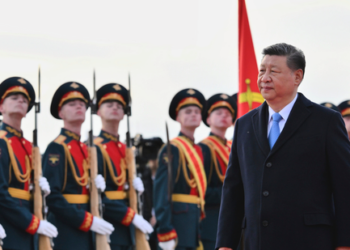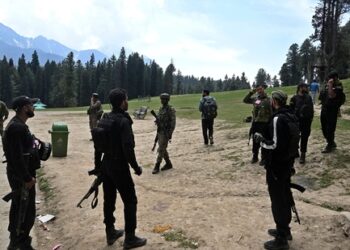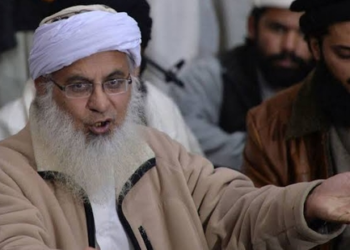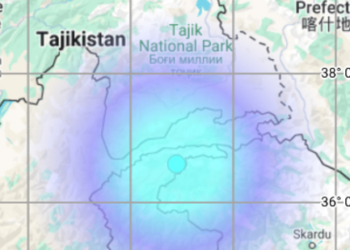A Danish citizen has claimed that he participated in the recent U.S. presidential election, casting his vote for Donald Trump. This assertion has raised alarming questions about the integrity of the American electoral system, highlighting what many are calling a major loophole that could potentially allow foreign nationals to influence U.S. elections.
The individual, who identified himself as Lars Jensen, stated in a recent interview that he was able to obtain the necessary materials to vote in the election despite not being a U.S. citizen. Jensen claimed he registered to vote using an address he once lived at in the United States, allowing him to receive a ballot that he subsequently mailed back to election officials. This act of voting as a non-citizen, if substantiated, could point to significant weaknesses in the voter registration and verification processes employed by various states across the country.
Election integrity advocates have expressed outrage over Jensen’s claims, calling for immediate investigations into how such an occurrence was possible. “This is a glaring example of how our voting system can be exploited,” said Emily Torres, a spokesperson for the National Election Integrity Coalition. “If someone from another country can easily cast a vote, it raises serious concerns about the safeguards we have in place to protect our democracy.”
I am Danish but USA doesn’t require voter ID so figured I would vote Trump while I'm on vacation here
Kind regards pic.twitter.com/ldC9VqleI1
— Alkem1st🇩🇰 – Buying skins (@Alkem1stCS) November 1, 2024
The incident has prompted scrutiny of the laws governing voting eligibility in the U.S., particularly the loopholes that allow individuals to register without thorough verification of their citizenship status. Many states have different regulations regarding voter registration, and some do not require proof of citizenship to register, relying instead on self-affirmation.
While the U.S. Department of Justice has not yet commented on this specific case, similar instances have led to widespread calls for reform. Lawmakers from both sides of the aisle are being urged to re-evaluate the current voting laws to ensure that only eligible citizens can participate in elections.
As the investigation unfolds, the potential implications of Jensen’s claims could resonate beyond the current election cycle, prompting a national conversation about election security and integrity. With the 2024 elections on the horizon, this revelation underscores the urgent need for comprehensive reforms to protect the sanctity of American democracy.




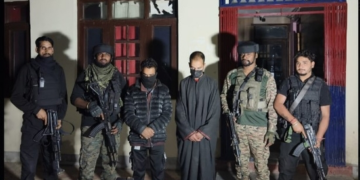
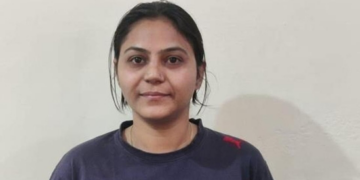

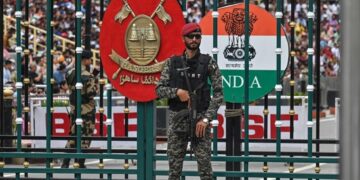
 India
India


